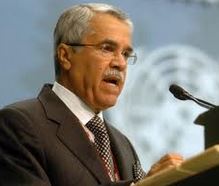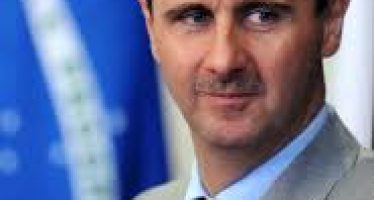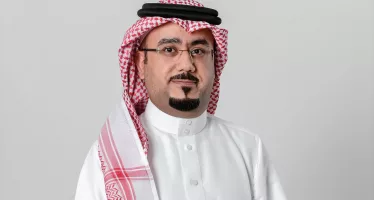GCC: A Reliable Partner in Energy Supply

Ali bin Ibrahim Al-Naimi, Minister of Petroleum and Mineral Resources, Saudi Arabia
Saudi Oil minister Ali bin Ibrahim Al-Naimi believes that future demand for oil will remain strong, despite the difficult global economic situation. Speaking at the opening session of the Doha Energy Forum on April 1st he said, “The expectations of energy demand and growth are still positive.”
The minister noted that energy markets have become more complex, as new resources and technologies have come into play. “There are continuous investments in the field of renewable energy sources,” he said. “If we want to meet the growing demand in the twenty-first century, we need all energy sources. The Gulf Cooperation Council commitment to the stability of energy markets has been one of the constants during the past thirty years. The GCC member states are continuously able to meet global demand resulting from global economic growth or temporary supply interruptions. I am confident that this approach will continue.”
Al-Naimi added, “We welcome the access of all sources of new energy to the market. I do not see that we should be worried about new supplies of energy sources in light of growing global demand. It is true that there are more companies and countries that compete to win a bigger share of the market, but it is also true that the market is large.”
Al-Naimi pointed out that the use of natural gas helps activate the petrochemical sector, creates new jobs for citizens, and assists GCC countries in meeting required environmental standards. “Regarding the Kingdom of Saudi Arabia, the usage of gas locally helps to relieve the demand for fluids, which grants us more energy for exporting,” he said. “But it is clear that the GCC states will remain a reliable partner in the world energy supply.”
You may have an interest in also reading…
Looking for a Fig Leaf: US & UK Mull Punitive Action against Syria
Here we go again. The US and Britain are whipping themselves once more into a frenzy over the actions of
Banque Saudi Fransi: Unswerving Focus on Customers, and Creating a Fresh Response to Financial Needs of the Individual
Being customer-centric has become the norm for businesses and financial institutions in a world increasingly aware of the importance of
Interview with Alexis Lecanuet, Accenture Middle East: Creating Value Through Continuous Transformation
How has your professional journey qualified and prepared you for being the Middle East Region MD for Accenture? As a

















































































